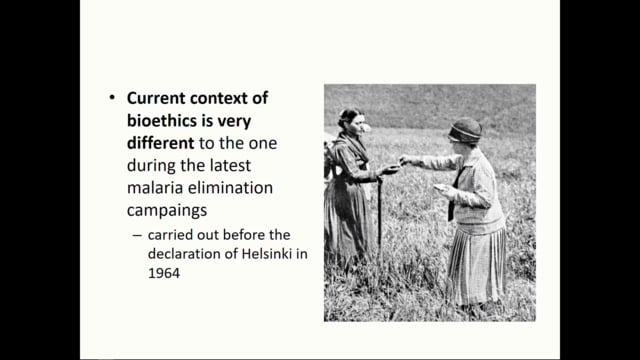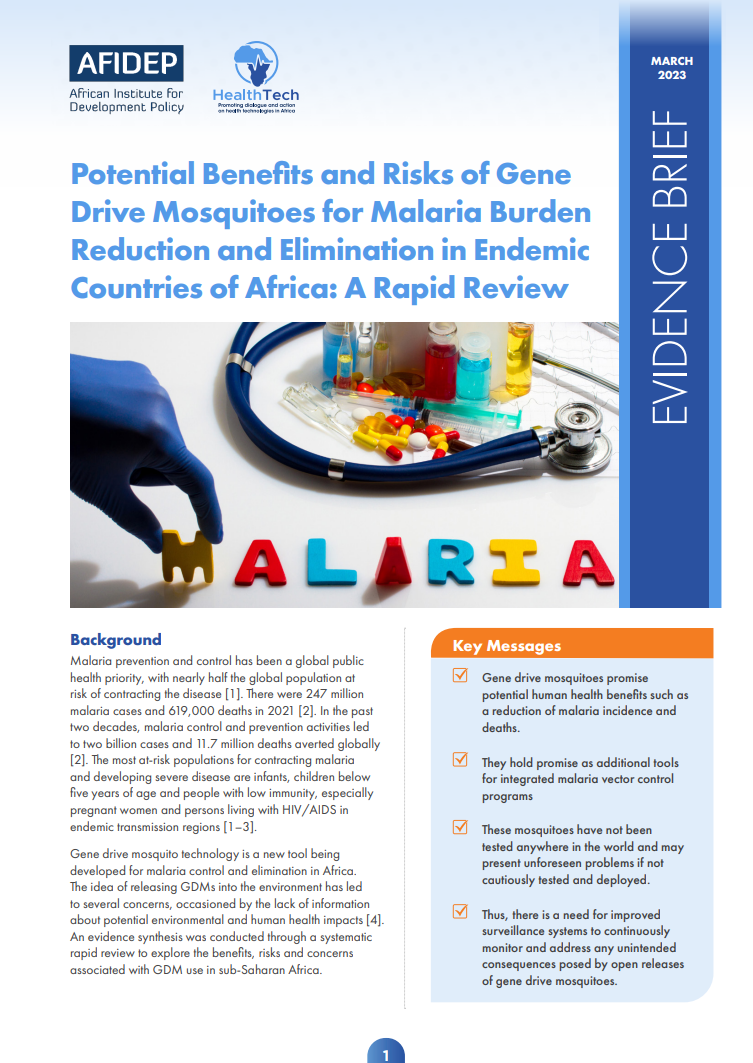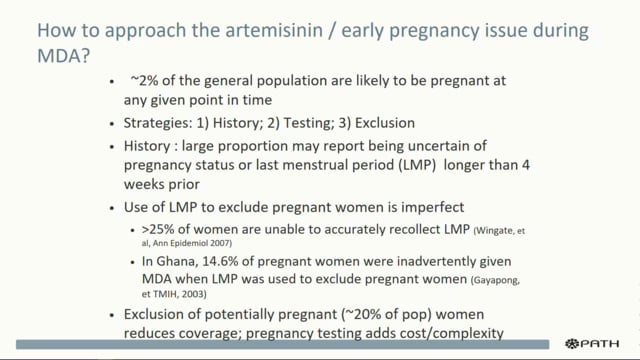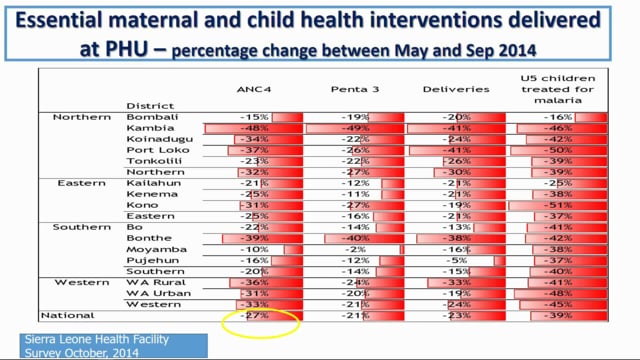ASTMH 2016, Clara Menéndez: “Ethical issues related to women of child bearing potential in the context of malaria elimination”
Collaborator(s): Barcelona Institute for Global Health (ISGlobal), Spain
Published: 16/11/2016
In collaboration with ASTMH, Image Audiovisuals, and session presenters, MESA brings you this webcast from the 65th ASTMH annual meeting in Atlanta, November 2016.
Title: “Ethical issues related to women of child bearing potential in the context of malaria elimination”
Speaker: Clara Menéndez, Barcelona Institute of Global Health (ISGlobal)
Session information: Symposium 146: “Malaria Pre-Elimination: Ensuring Correct Care of Reproductive Age Women”
Wednesday, 16 November, 1:45 – 3:30pm, Marriott – Room A706 / A707
Abstract:
As malaria control interventions are scaled up and sustained and malaria transmission levels decline and prevalence falls, an increasing number of countries are starting to see elimination on the horizon. For pregnant women, the antimalarial antibodies that have provided some level of protection in moderate to high malaria transmission settings are reduced as malaria transmission declines. Current evidence shows that as transmission levels decline, the consequences from P. falciparum malaria are even greater for pregnant women. As countries enter pre-elimination stage and move towards eventual elimination, it will be important to address the needs of pregnant women given their increased vulnerability. To help achieve elimination, countries are exploring strategies involving widespread distribution of anti-malarials, primarily artemisinin-combination therapies (ACTs), to asymptomatic individuals, including both mass drug administration (MDA) and mass screen and treat (MSaT). Given the limited human data, ACTs are currently contraindicated in first trimester, except in documented cases of clinical malaria illness where quinine is unavailable. This poses a challenge in mass campaigns, as it requires the identification of women in early pregnancy who are not yet obviously pregnant, and may not wish to reveal their pregnancy status. While only about 5% of the population is pregnant at any given time, and only 1/3 of those are in the first trimester, approximately 20% of the population is comprised of women of reproductive age who may be pregnant. Thus, the number of women who need to be screened for pregnancy is substantial across countries. This symposium will present experiences from three countries: Mozambique, Sierra Leone, and Brazil; specifically, looking at how these countries have addressed pregnant women in their malaria pre-elimination strategies. Further, the symposium will discuss the important ethical considerations that should be reviewed as countries contemplate standard diagnosis, notification and treatment vs. MDA. The lessons learned can be disseminated to guide other countries where these strategies are being considered.



